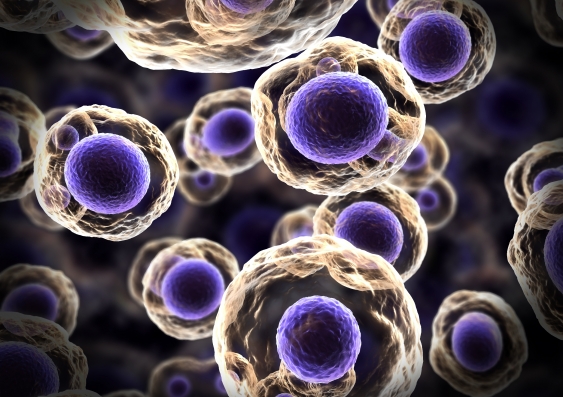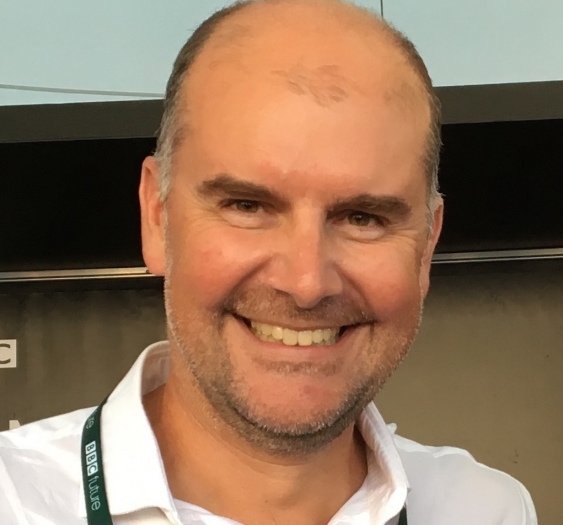World Cancer Day: Uncovering pancreatic cancer’s genetic tricks
UNSW-led researchers have discovered that pancreatic tumours use unique genetic solutions to drive their growth, providing a new target to test tumour sensitivity to drugs.
UNSW-led researchers have discovered that pancreatic tumours use unique genetic solutions to drive their growth, providing a new target to test tumour sensitivity to drugs.

Dan Wheelahan
UNSW Media Office
02 9385 1933 or 0435 930 465
d.wheelahan@unsw.edu.au
Understanding how tumours reprogram their metabolism to make the raw materials for building new cells is a burgeoning area in the search for new cancer therapies. Yet the underlying genetic changes that allow pancreatic cancer cells to reprogram their metabolism are not well understood.
Now, a UNSW-led research team have discovered that while individual pancreatic tumours share common metabolic pathways to meet the needs of rapid cell growth, each finds a unique genetic solution to drive this adaptation.
We believe this may be an Achilles' heel in the cancer cell’s biology. If we can stop this conversion of amino acids to fat, we may be looking at a potential new therapy for pancreatic cancer.
These findings suggest that targeting these newly identified metabolic pathways may be an effective therapeutic strategy for pancreatic cancer. The research team are now testing drugs targeting these pathways to assess pancreatic tumour sensitivity.
Their study has been published in the journal Cancer and Metabolism.
Pancreatic cancer has one of the worst survival rates, with fewer than 8% of patients surviving five years post-diagnosis. With the genetic mechanisms underlying pancreatic cancer cell metabolism not yet fully established, UNSW cancer biologists, Dr Darren Saunders, Dr Rae-Anne Hardie and Dr Nigel Turner formed an international collaboration to find some answers.

Cancer biologist and senior lecturer at UNSW Medicine’s School of Medical Sciences, Dr Darren Saunders. Photo: Supplied.
Their study is the first to directly explore the connection between genotype (a cell’s hereditary map) and phenotype (a cell’s actual observed properties) in pancreatic cancer.
Dr Hardie analysed the DNA in cells derived from pancreatic tumours, finding a number of mutations in the mitochondrial genome of the cells. Mitochondria are the primary site for energy generation within cells and it is believed that mutations in mitochondrial genes may play a role in shifting cellular metabolism to a state more favourable for tumour proliferation.
“Rapidly growing tumour cells require huge amounts of raw building materials and change the way they use different metabolic fuels to adapt to this need” said Dr Saunders, who is also a senior lecturer at UNSW Medicine’s School of Medical Sciences.
One fuel source for pancreatic cancer cells are amino acids, the building blocks of peptides and proteins. The researchers found that pancreatic cancer cells convert certain amino acids to fat, an essential component of new tumour cells, driving tumour growth.
“We believe this may be an Achilles' heel in the cancer cell’s biology. If we can stop this conversion of amino acids to fat, we may be looking at a potential new therapy for pancreatic cancer,” said Dr Saunders.
The research was made possible by philanthropic donations by the Mostyn and Guest families to the Garvan Institute of Medical Research, where Dr Saunders initiated the research.